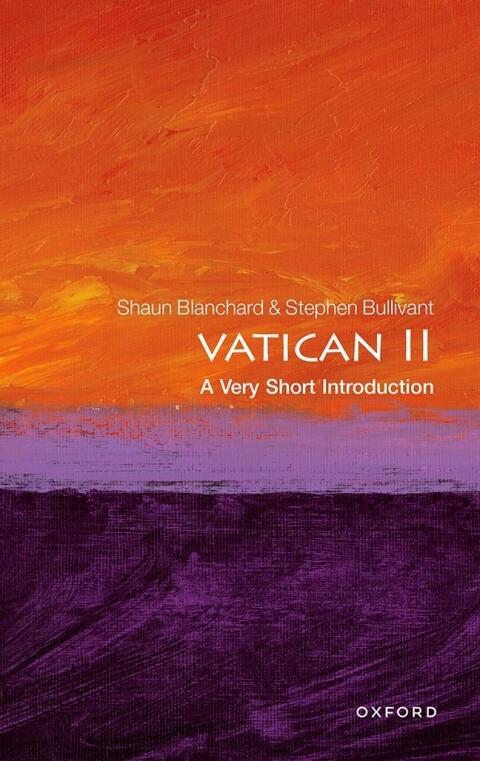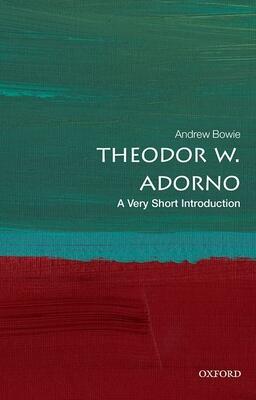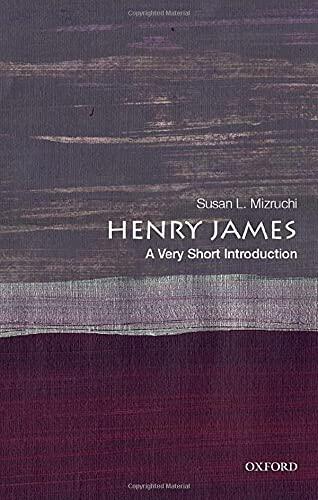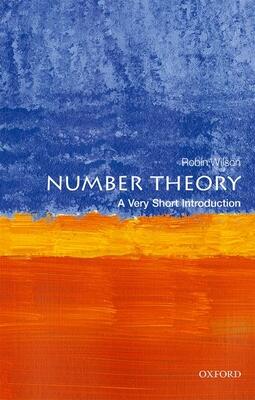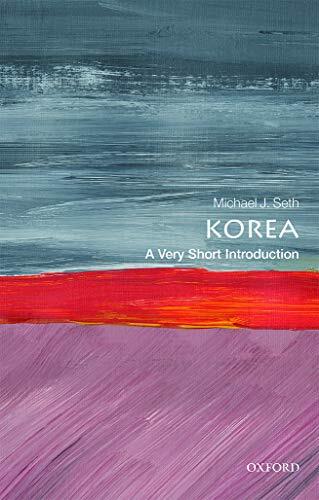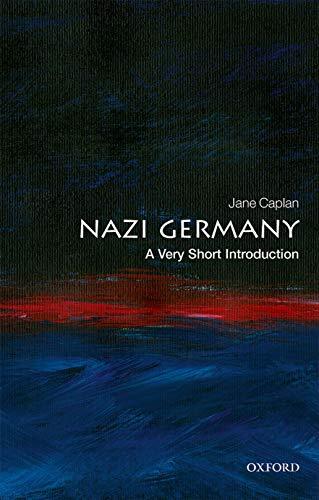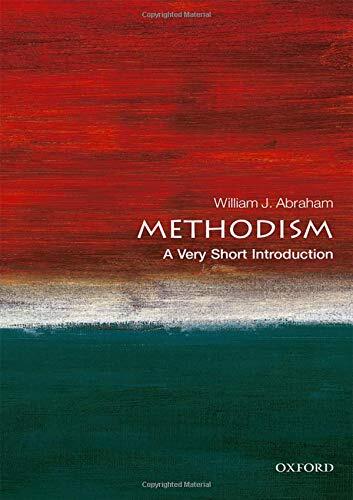
Clausewitz: A Very Short Introduction
によって
Michael Eliot Howard
まだ評価がありません
Action & Adventure
形式
ペーパーバック
ページ数
96
言語
英語
公開されました
May 16, 2002
出版社
Oxford University Press
版
First Edition
ISBN-10
0192802577
ISBN-13
9780192802576
説明
Karl von Clausewitz stands as a pivotal figure in the study of war and military strategy, and this concise exploration delves into his enduring influence on modern military thought. Born in 1780, Clausewitz's experiences as a Prussian military officer, particularly during the Napoleonic Wars, shaped his profound insights into the nature of conflict. His seminal work, “On War,” remains a cornerstone of military literature, offering a nuanced understanding of warfare that transcends his era.
The author skillfully unpacks Clausewitz’s complex ideas, examining concepts such as the "fog of war" and the interplay between politics and conflict. Through engaging analysis, he highlights how Clausewitz viewed war not merely as a clash of armies but as a continuation of politics by other means. This perspective provides a framework for comprehending the multifaceted dynamics of contemporary military engagement.
Moreover, the exploration prompts readers to reflect on the relevance of Clausewitz’s theories in today’s geopolitical landscape. By bridging historical context with modern implications, the narrative invites a deeper appreciation for the art of war in shaping national strategy and international relations. Through this engaging introduction, one gains essential insights into the legacy of a thinker whose relevance has endured through centuries of evolving warfare.
The author skillfully unpacks Clausewitz’s complex ideas, examining concepts such as the "fog of war" and the interplay between politics and conflict. Through engaging analysis, he highlights how Clausewitz viewed war not merely as a clash of armies but as a continuation of politics by other means. This perspective provides a framework for comprehending the multifaceted dynamics of contemporary military engagement.
Moreover, the exploration prompts readers to reflect on the relevance of Clausewitz’s theories in today’s geopolitical landscape. By bridging historical context with modern implications, the narrative invites a deeper appreciation for the art of war in shaping national strategy and international relations. Through this engaging introduction, one gains essential insights into the legacy of a thinker whose relevance has endured through centuries of evolving warfare.




